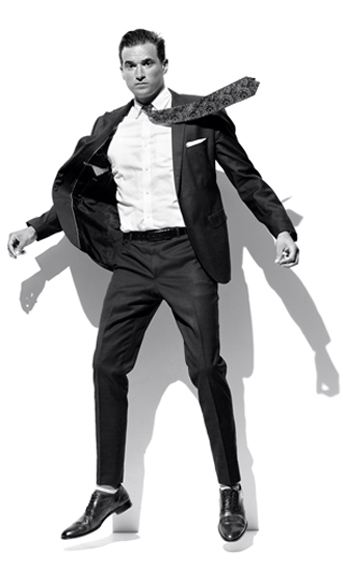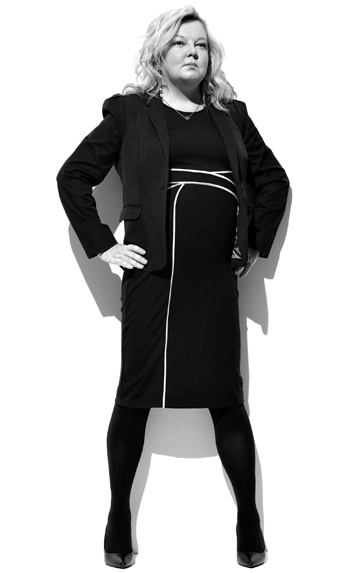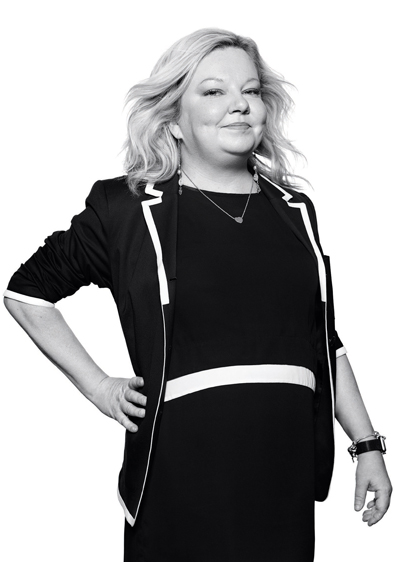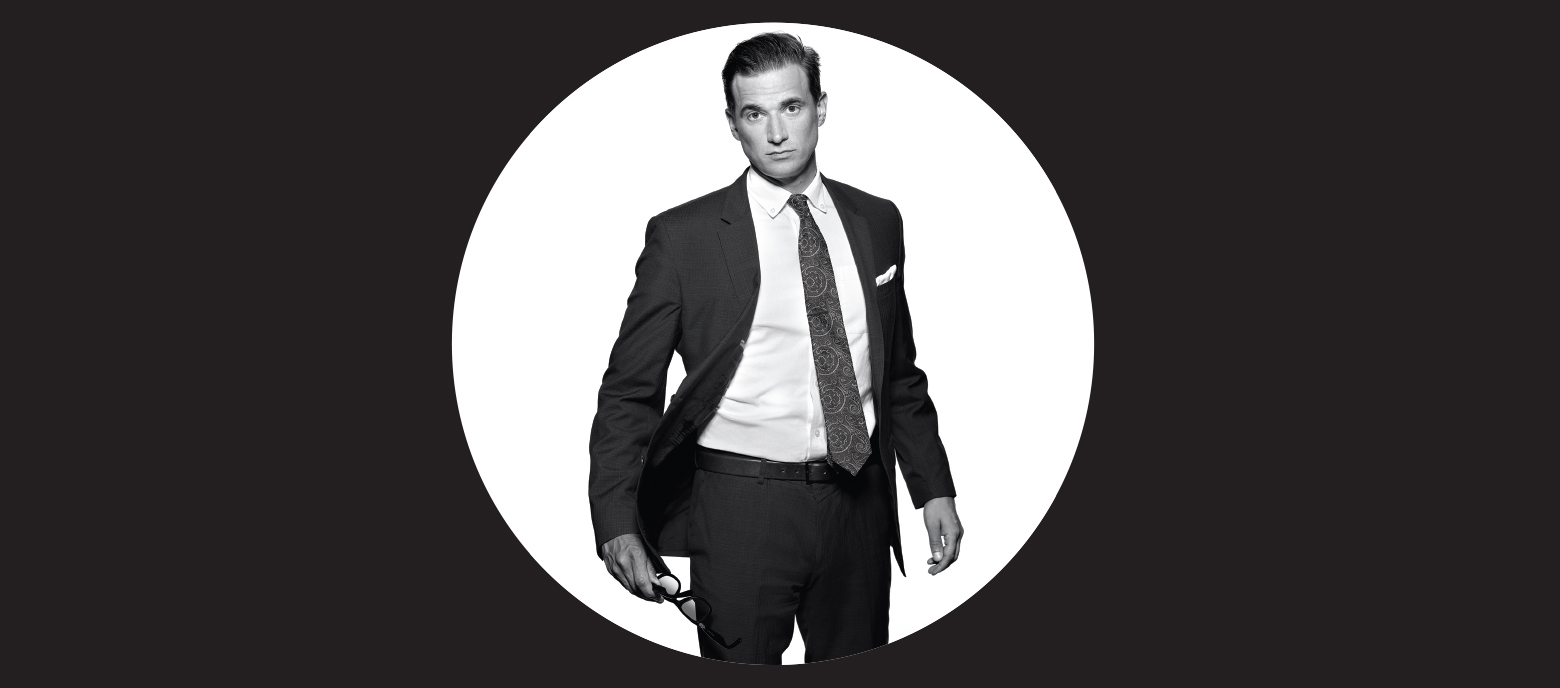One of the best things about being a lawyer is having the ability to help people. But to truly assist clients in a tough spot, you need more than a head full of theory and caselaw. You need a toolbox of hands-on skills.
Bond University in Australia equips its students with the practical expertise they’ll need to make a difference in the lives of their clients. Meet two Bond grads who practise law in Toronto — and work hard every day to help their clients access justice.
Coming to the rescue

Daniel Fenwick
Bond Class: 2011
Nothing makes Daniel Fenwick happier than when he can ease the stress of his clients. The 34-year-old civil litigator focusses on personal-injury law at the Toronto-based boutique firm Brauti Thorning Zibarras LLP. And his clients often come to him in moments of crisis.
Consider, for example, the 65-year-old man from Oshawa with cerebral palsy, who was hit by a car while on his motorized wheelchair. “He had been on government assistance throughout his life and doesn’t have a lot of money,” says Fenwick. “The accident was extremely devastating. I’m happy that I was able to be his backbone and alleviate his stress. We got a good amount of money to help him, too. We still talk all the time.”
Fenwick says the practical training he received at Bond — in the form of mock trials and written assignments, such as legal memos — was incredibly valuable. “To this day,” he says, “I still complete some legal documents in the same format as I did for those assignments.”
Living on Australia’s picturesque Gold Coast was also a dream come true for the self-described adventure seeker. “I would get up at 6 a.m. for a twirl on the surfboard, then put on my flip-flops and go to class,” says Fenwick, who took advantage of school breaks to travel to nearby Vietnam, Bali and Thailand.
More importantly, his education at Bond allowed him to forge lifelong connections. “One of my friends from school is working with me on Bay Street — and I have a text-message group with a nice community of successful Bondies.”
Saving the day

Allison Pyper
Bond Class: 2010
Allison Pyper makes no bones about it. “I went into law because I wanted to help people,” says the 36-year-old, who runs a small litigation firm in Toronto, specializing in criminal, immigration, refugee and mental-health law. Her practice predominantly serves marginalized communities: many of her clients struggle with mental-health issues or don’t speak English. “These are people that the system has thrown aside.”
Pyper recently represented a 24-year-old woman from Pakistan, who came to Canada in an arranged marriage. Her husband had become abusive, so she left him, but he was also her sponsor. Once she moved out, she faced deportation. Thankfully, Pyper persuaded the Immigration and Refugee Board of Canada that her client was a victim who acted in good faith and should be allowed to stay in the country.
Less than a decade into her career, Pyper has built a successful small firm. And the skills she acquired at Bond are the foundation she has built on over the years. “The practical legal training I received was excellent,” she says, citing the school’s focus on legal research and drafting.
Through a program offered at Bond, Pyper was also able to earn course credit by working with a pro bono legal clinic, which served people who couldn’t afford a private lawyer but were ineligible for legal aid. “By second semester I was already working for the disenfranchised.”
The transition to working in Toronto was seamless, in part because Bond offers several courses in Canadian law. “I’m proud of where I went to law school,” she says. “And I’m proud of the lawyer I’ve become.”
Heroes in training
How Bond’s hands-on legal education empowers its students to fight for social justice

No one learned how to practise law by reading textbooks alone. This is why Bond University in Australia offers its law students ample opportunities to escape the classroom and take on real-life cases.
One program, for instance, allows students to earn course credit by working one day a week at a local family-law firm. Over the course of a semester, students meet with clients and draft legal documents under the supervision of a senior lawyer.
All year round, students can also volunteer at one of the school’s two on-campus legal clinics. The first clinic provides basic legal advice to small businesses on everything from contracts to trademark law. At the second clinic, students practise immigration law. On one day, they might assist a refugee seeking asylum; on another, they might help an immigrant submit a visa application.
“These programs allow students to put the theory of law into practice,” says Kathy Atkins, an associate professor and an associate dean at Bond. “We want our students to appreciate the importance of pro bono work. Our clinics provide them with the opportunity to give back to the community and promote social justice.”
This content was paid for by Bond University. To find out how Bond can work for you, visit bond.edu.au/lawcanada or call 416-558-5353.
This story is from our Fall 2018 Issue.


